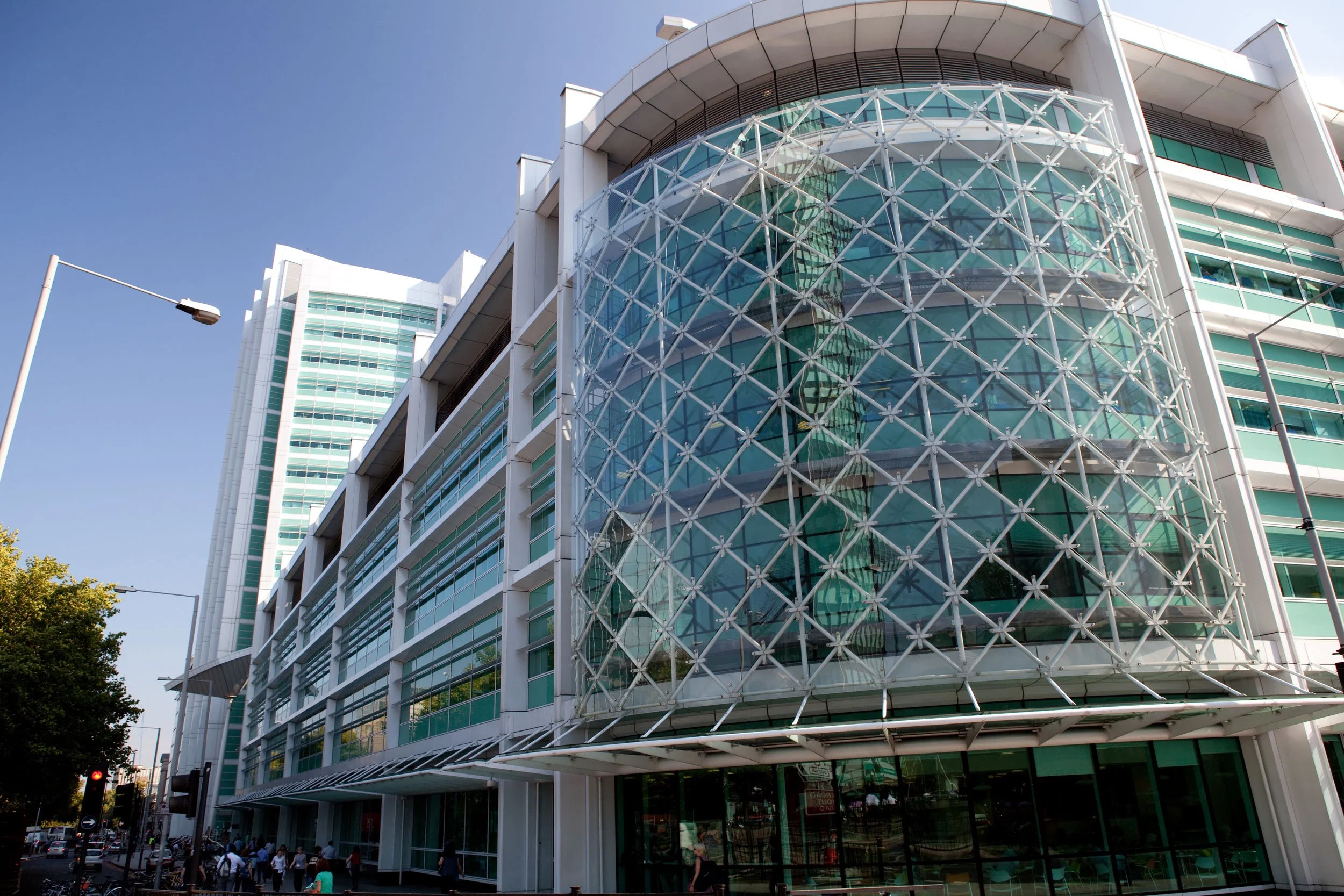Supporting Public Sector
Water hygiene services to protect the health and well-being of your employees and public.
Legionella Services
As water hygiene experts, we safeguard your premises. From regular water treatment and quality monitoring to comprehensive Legionella risk management, we ensure your water systems are safe and compliant.
Support & Guidance
We are water hygiene services & water treatment experts, ensuring you remain fully HSE compliant and up-to-date with all your water safety responsibilities.
What clients say
As well as being fully qualified, we pride ourselves on bringing support and guidance to every client.
Sherpa.
Your guide to managing water hygiene risk.
From assessment to remedial works, and monitoring to compliance support, we will guide you through the process for your healthcare organisation.
Our services include, L8-HSE routine maintenance (Pre Planned Maintenance), Risk Assessment(s), remedial plumbing works, and hot & cold water system disinfections.
We deliver comprehensive on-site support enabling duty holders to comply with all legal requirements in association with the control of Legionella bacteria in the water system in accordance with the current regulations.
Any questions?
Here are the most common questions relating to managing legionella control, if you have any questions, you can book a call with us to see how we can help.
-
Legionella is a type of bacteria that can cause Legionnaires' disease, a severe pneumonia-like illness. It thrives in warm water environments, such as hot tubs, cooling towers, and poorly maintained water tanks.
-
Legionella bacteria spread through inhalation of aerosolised water droplets containing the bacteria. This can occur from showers, faucets, cooling towers, and other water systems where water is dispersed into the air.
-
Symptoms typically include cough, shortness of breath, high fever, muscle aches, and headaches. In severe cases, it can lead to pneumonia and even be life-threatening, especially for those with weakened immune systems.
-
To prevent Legionella growth, it's essential to:
Regularly clean and disinfect water tanks.
Maintain proper water temperature (below 20°C or above 60°C).
Ensure good water circulation and avoid stagnation.
Conduct routine inspections and testing for Legionella.
-
Water tanks should generally be cleaned and disinfected at least once a year. However, the frequency may vary based on usage, water quality, and specific regulations in your area.
-
Regulations vary by region, but many jurisdictions require regular risk assessments, maintenance of water systems, and documentation of cleaning and testing for Legionella to ensure public health safety.
-
If Legionella is detected, immediate action is required. This typically involves cleaning and disinfecting the affected system, conducting follow-up testing, and implementing measures to prevent future growth. https://www.hse.gov.uk/legionnaires/legionella-landlords-responsibilities.htm
-
Professional water management ensures that systems are properly maintained, reducing the risk of Legionella growth. Experts can provide the necessary cleaning, testing, and compliance documentation to keep your water systems safe.
You can find more detailed guidance on your duties in the Approved Code of Practice and guidance on regulations
Legionnaires' disease: The control of legionella bacteria in water systems (L8).




